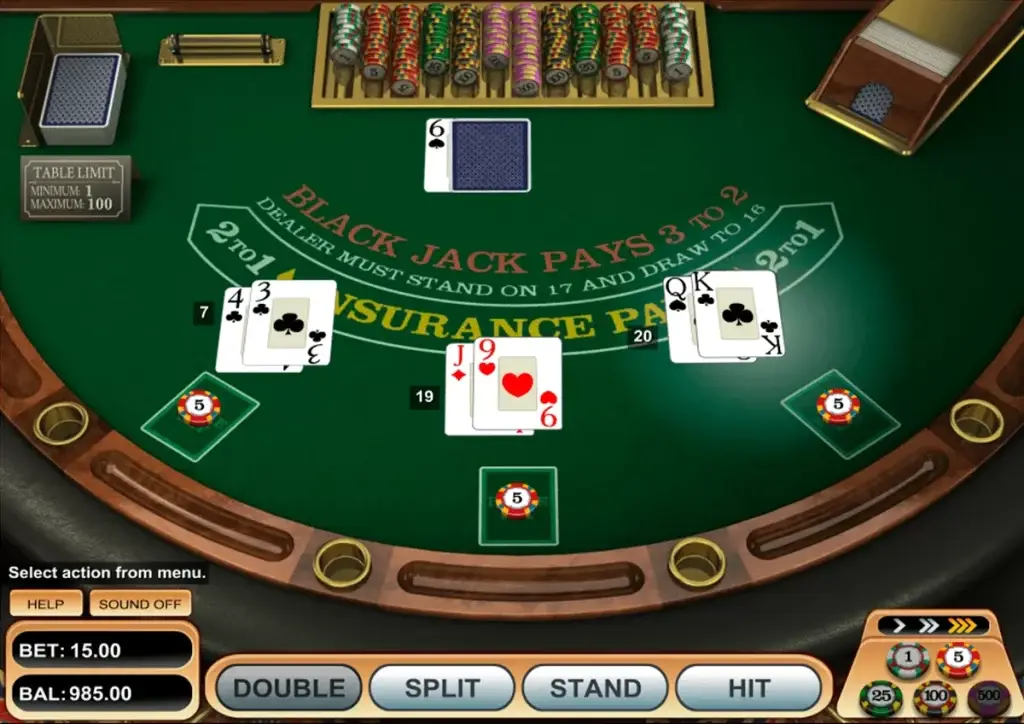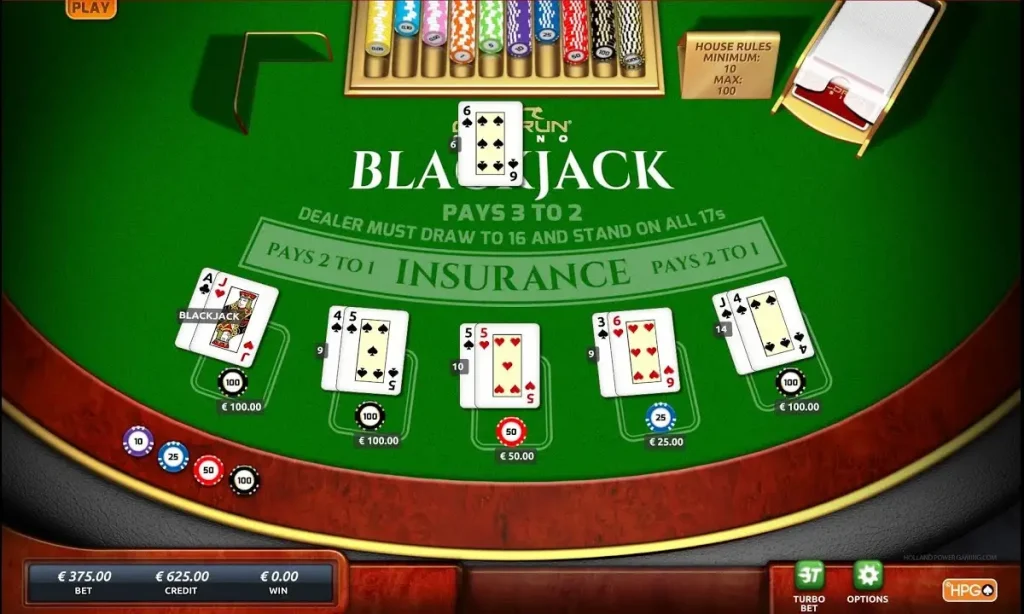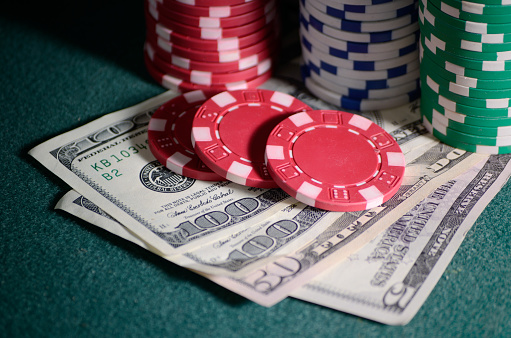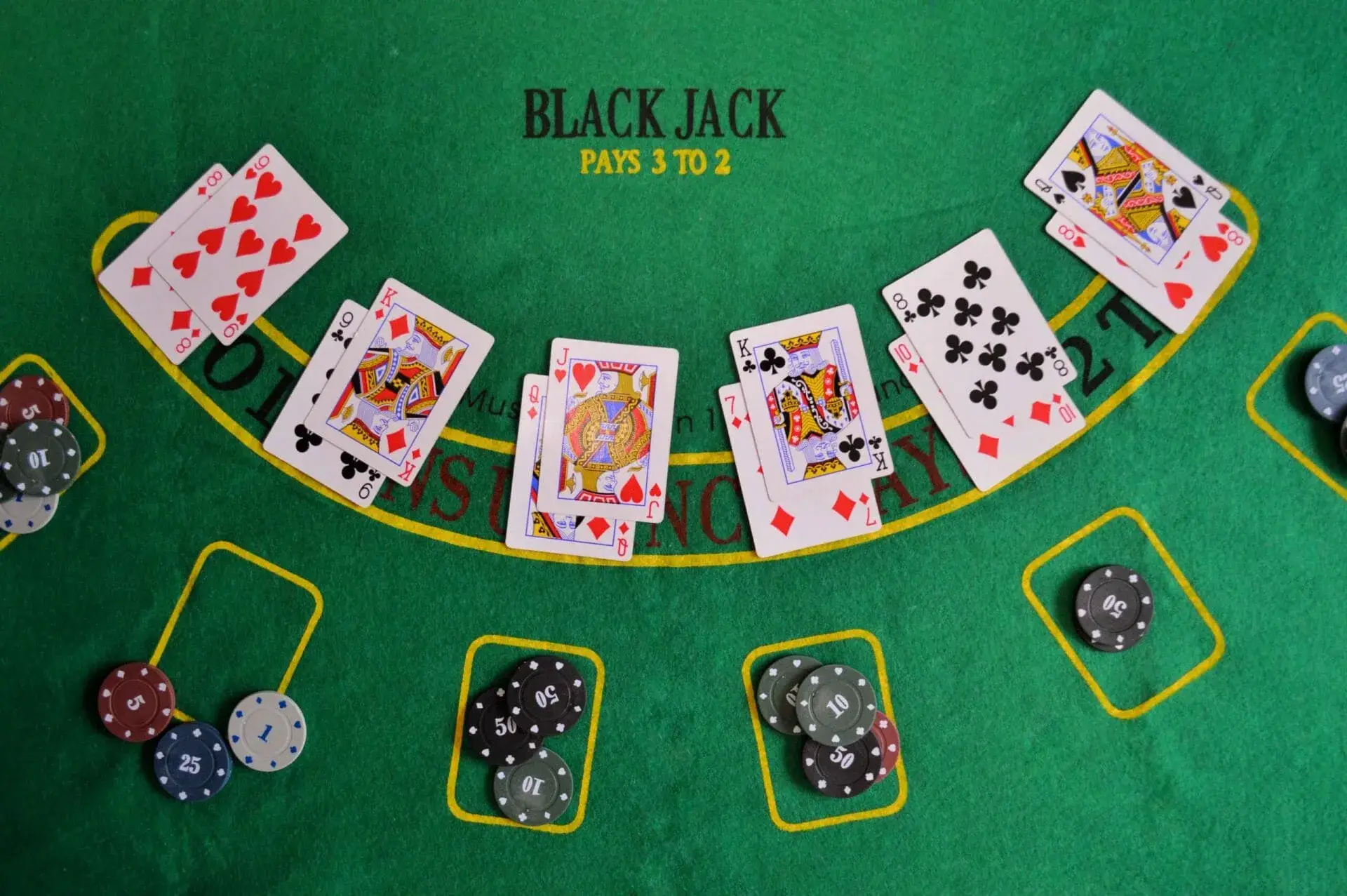Among the many options in blackjack, the possibility of insuring the bet is particularly striking. The ambiguity of this play regularly generates disputes between experienced and novice players. Some see the process as a rational way to protect capital, while others see it as an additional source of profit for the casino. To understand what it means to insure a bet in blackjack, it is worth considering in detail the mechanism, the conditions of application and the actual effectiveness of the tool in practice. This is what we will do below.
What it means to insure a bet in blackjack: a breakdown of the mechanics and rules
The rules of insurance in blackjack involve an additional bet equal to half of the original bet. The player uses this option when the dealer has an Ace card on the table. This tool serves as a defence against a possible loss if the dealer has a 21-point combination.
Let’s consider an illustrative calculation:
- The player’s bet is $200.
- The dealer shows an ace.
- The participant buys insurance for $100.
There are two possible outcomes. If the host draws a blackjack:
- The main bet ($200) is lost.
- The insurance premium ($100) is paid at odds of 2:1, yielding $200.
- End result: zero losses and no winnings.
If the dealer does not have blackjack:
- The principal continues to play.
- Insurance ($100) loses.
- The player loses only the insurance premium, but may win the base bet.
It follows that insurance in blackjack is a bet that depends entirely on the presence or absence of a combination by the dealer, not the participant.
Blackjack insurance strategy: when is it profitable to take it?
 The tool is not effective in every situation. In addition to studying the question of what it means to insure a bet in blackjack, you need to learn that the tactics of moves should be based solely on the mathematical expectation and the probability that the leader will collect a combination of 21 points after the opening ace.
The tool is not effective in every situation. In addition to studying the question of what it means to insure a bet in blackjack, you need to learn that the tactics of moves should be based solely on the mathematical expectation and the probability that the leader will collect a combination of 21 points after the opening ace.

Probability calculation:
- One deck of blackjack consists of 52 cards, including 16 tens (10 to the king).
- The probability that the dealer will receive a 10 is 16/51 ≈ 31.4%.
- Consequently, the mathematical expectation of insurance is negative, because the player is paid from the calculation of the probability of 33.3%, and the real figures are lower.
These figures mean that it is profitable to insure a blackjack bet only in certain situations where it is known that the deck is rich in tens. In real life, such information is only available when playing using a counting system, which is prohibited in most casinos.
Casino advantage: why is insurance in blackjack favourable to the establishment?
The advantage of the institution on the insurance bet on average is about 7.4%, which is many times more than on the usual, in blackjack (about 0.5-1%). That is why portals actively offer the tool to participants: long-term it brings a stable profit.
Examples:
- With a contribution of $100 for insurance, the player loses an average of $7.40 on the distance.
- The decision to play blackjack for 100 bets and insure them means expecting to lose about $740, which is significantly more than the standard strategy.
When to take blackjack insurance: practical advice
There are only a few real-life situations where the tool can be justified:
- A card counting game: when the participant knows for sure that there are many tens left in the deck.
- Blackjack tournaments: when a player is leading on points and wants to minimise the risk of a big loss with a single hand.
- High stakes bets where protection against large one-off losses is important.
Myths and misconceptions: what it means to insure a blackjack bet in real play
Among the many options available at the card table, the insurance bet causes the maximum amount of misunderstanding and controversy. Many participants mistakenly perceive it as an effective way to steadily increase their income or protect themselves from any financial losses. Real practice and strict mathematical calculations demonstrate that such perceptions are far from reality.
Myth 1: ‘Guarantee of no loss’.
One of the most common misconceptions is that to insure a blackjack bet means to completely protect yourself from any losses. Such an opinion is based on a superficial understanding of the mechanics of the decision. In practice, the situation looks different. The insurance does cover the loss, but only if the dealer has blackjack. For example, a player’s initial deposit is $100, the dealer opens an ace. The participant buys insurance for the amount with an additional investment of $50. Further options for the development of events:
If the croupier forms a blackjack, the player loses the initial $100, but receives a 2:1 insurance payout ($100). The final result is a zero balance.
Otherwise, the insurance bet is lost (minus $50), and the outcome of the main bet is decided separately.

In the long term, regular use of the tool inevitably leads to additional financial losses, which is proved by the data of popular casinos, where statistics of multi-year games clearly show that stable users of insurance lose on average 5-7% more.
Myth 2: ‘Increasing the probability of winning’.
The misconception is completely refuted by strict mathematical calculations, which show the opposite picture. The main indicator that characterises the player’s profitability is the mathematical expectation. In standard conditions, the casino advantage ranges from 0.5% to 1%, which provides the participant with a fairly high chance of successful sessions.
In the case of insurance, the mathematical expectation deteriorates significantly and reaches 7.4% in favour of the institution. This is due to the fact that the real probability of a blackjack at the host after opening an ace is about 31.4% (16 cards of face value 10 out of 51 remaining). But payouts here are calculated from the ratio of 1 to 2, that is – 33.3%. So, for every $100 bet, the player loses on average about $7.4 extra, if regularly insured.
Conclusion
 The insurance bet is a casino marketing tool designed for inexperienced players and those who do not understand the mathematics of blackjack. Although in isolated situations the play helps to minimise losses, in the vast majority of games the action incurs an additional financial expense and significantly increases the establishment’s profits.
The insurance bet is a casino marketing tool designed for inexperienced players and those who do not understand the mathematics of blackjack. Although in isolated situations the play helps to minimise losses, in the vast majority of games the action incurs an additional financial expense and significantly increases the establishment’s profits.
All this means that players are advised to avoid the decision to cover a bet unless they have absolutely certain knowledge of the situation with the cards in the deck. The vast majority of professional players and gambling experts agree that refusing to hedge is the most effective and profitable action in the distance.
 en
en  ru
ru  de
de  ar
ar  es
es  hi
hi  fr
fr  nl
nl  it
it  pt
pt  el
el 









